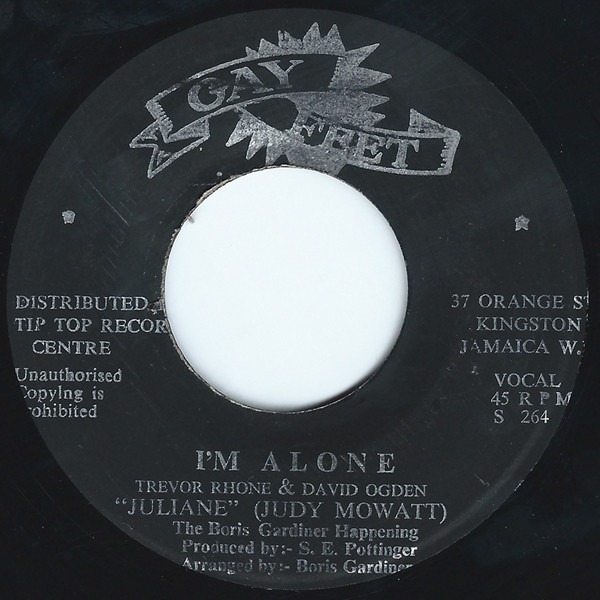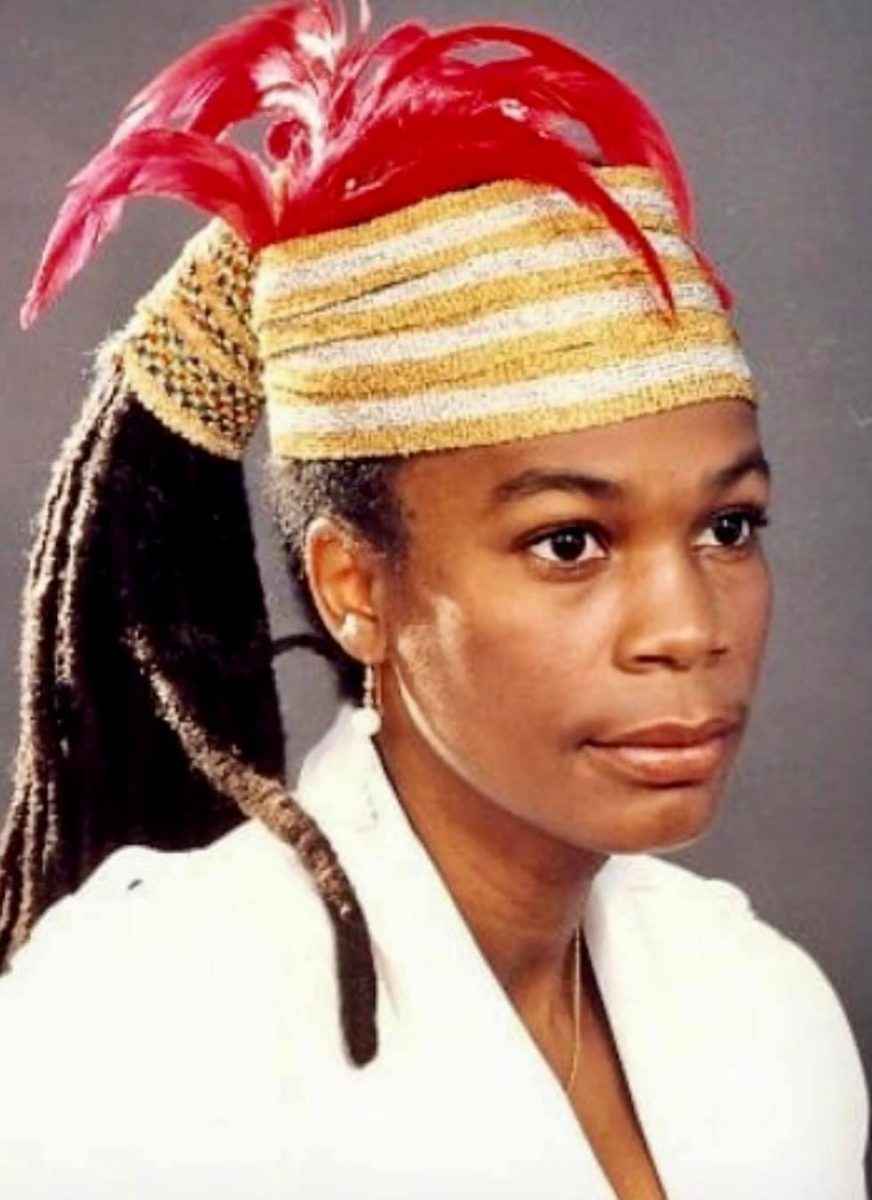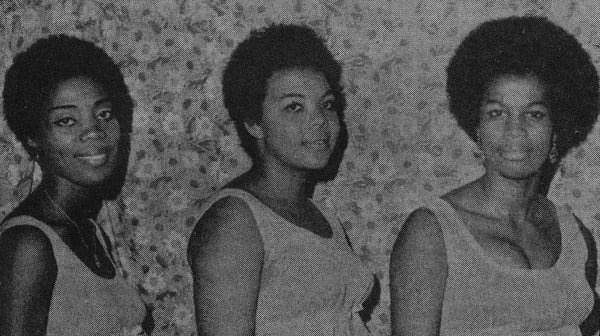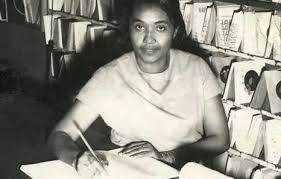The Time Judy Mowatt Lost The Rights To Her Name

She’s earned her place as reggae royalty, but there was a time when Judy Mowatt almost walked away from music after signing away the rights to her name.
Given name Judith Mowatt, the gospel singer started her entertainment career as a dancer before making her foray into music as the lead singer of The Gaylettes in the 1960s. The redefined group, comprising Beryl Lawson and Merie Clemonson, offered a crystalised version of American R&B music which was good enough to catch the attention of Federal Records’ owner Ken Khouri.
Mowatt recalled being offered two contracts: one regarding The Gaylettes and another as a soloist. Apparently, the latter saw exclusive rights to the commercial use of her stage name.
“They wanted me to sign a contract separate and a part from the group,” Mowatt recalled in a recent I Never Knew TV sit-down. “This lady, Mrs. Khouri, brought like a book – it’s a contract but it looks like a book – and what she was naming, the terms…sounded real good. She was not allowing me to read, plus I had no legal tutoring, no understanding about legal affairs…so whatever they told me, I would just take that as truth…”
She was drawn to the artist development benefits of the deal, including vocal training and choreography sessions, which sounded pretty good for an emerging artist who didn’t have the funds to do so.
“There were a lot of other things offered and I went ahead and I signed the contract based on what I was told, only to find out that the contract was perpetual; it was forever and it renew itself every three years…”
The Gaylettes eventually disbanded when the other members migrated to the United States.
Mowatt said the label was betting on her to be a solo star, but when that didn’t happen, she found herself benched without the legal rights to her brand name.
“They put me on the shelf so there was no way I can record because I have this contract over my head,” she shared. “I can’t go and record for anybody, so I cannot do anything. My career would have ended where it started.”
And it almost did. The Zion Chant singer said she threw in the towel and started pursuing other career options, even considering nursing. She was in a rough financial patch when she received a phone call from Jamaica’s first successful female producer, Sonia Pottinger.
“I always wanted to get an opportunity to work with her and for her but I didn’t want to just go and let her know that I needed to work…” she said. “When I went to see her, she told me that she had a rhythm that she wanted me to sing a song on, and that was I Shall Sing (originally performed by Miriam Makeba)… Now I need a name because ‘Judy Mowatt’ is signed perpetually to Federal Records, so there is no way I can use ‘Judy Mowatt’ name out there.”
While going over her legal woes with late dub pioneer Lee Scratch Perry at Pottinger’s downtown-based vinyl store, she was presented with a solution.
“He said, ‘Why don’t you change your name?’, and Mrs. Pottinger looked as if it was a good idea and him seh, ‘Call your name Juliane’.”
Mowatt deemed it close enough to Judy, and went along with the suggestion. Other documented variants of the name are Julianne and Julie Ann.

With the new moniker, she recorded tunes like Cry to Me, Way Over Yonder and She Kept Talking, working with another group, The Gaytones, at Pottinger’s Tip Top/High Note label. But there was another hiccup.
“It was difficult now because when I go on stage to perform, I have a problem. The people know me as Judy, so I was singing Juliane’s songs but people not knowing that it’s not two different people, it’s one and the same, so that created another problem. It took a while, but finally, I got out of the contract. I got a lawyer and I got out of the contract.”
Back to her established name, Mowatt would go on to form part of her most successful group, The I-Threes, the backing vocalists for reggae icon Bob Marley. She’s enjoyed success as a soloist, most notably becoming the first Jamaican female act to release a solo album (Black Woman) in 1979 with Tuff Gong studios.
Mowatt converted from Rastafari to Christianity in the 90s and continues to record music. Her latest track is Jesus which premiered last month via Embrace the Lord Records.




